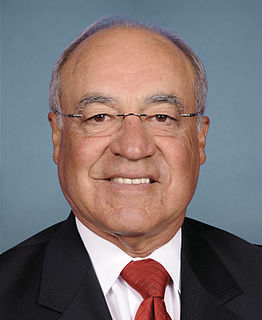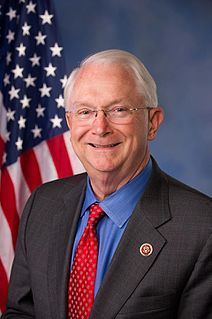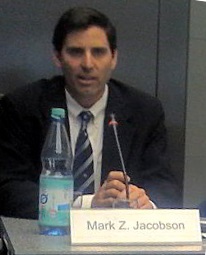A Quote by Joe Baca
The School Energy Crisis Relief Act authorizes the Secretary of Energy to issue energy assistance grants to help the poorest school districts across the Nation offset these unexpected and challenging costs.
Related Quotes
We believe that part of the answer lies in pricing energy on the basis of its full costs to society. One reason we use energy so lavishly today is that the price of energy does not include all of the social costs of producing it. The costs incurred in protecting the environment and the health and safety of workers, for example, are part of the real costs of producing energy-but they are not now all included in the price of the product.
This curious faith is predicated on the notion that we will soon develop unlimited new sources of energy: domestic oil fields, shale oil, gasified coal, nuclear power, solar energy, and so on. This is fantastical because the basic cause of the energy crisis is not scarcity: it is moral ignorance and weakness of character. We don't know how to use energy or what to use it for. And we cannot restrain ourselves. Our time is characterized as much by the abuse and waste of human energy as it is by the abuse and waste of fossil fuel energy.
Energy Secretary Ernest Moniz, arguably President Obama's best Cabinet appointment, has been leading a quiet revolution in clean-energy technology. Innovation is transforming this industry, costs are plummeting and entrepreneurs are devising radical new systems that create American jobs - in addition to protecting the planet.
Surveying the available alternative energy sources for criteria such as energy density, environmental impacts, reliance on depleting raw materials, intermittency versus constancy of supply, and the percentage of energy returned on the energy invested in energy production, none currently appears capable of perpetuating this kind of society.

































